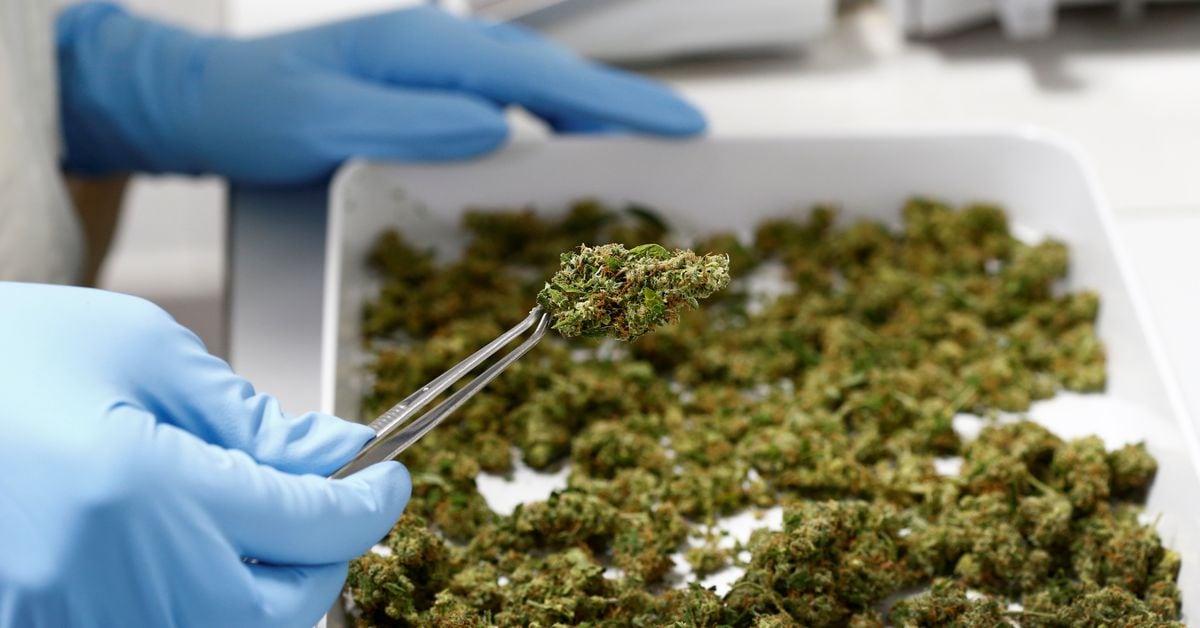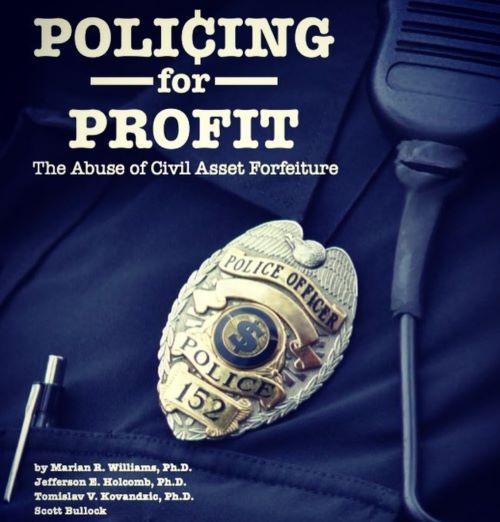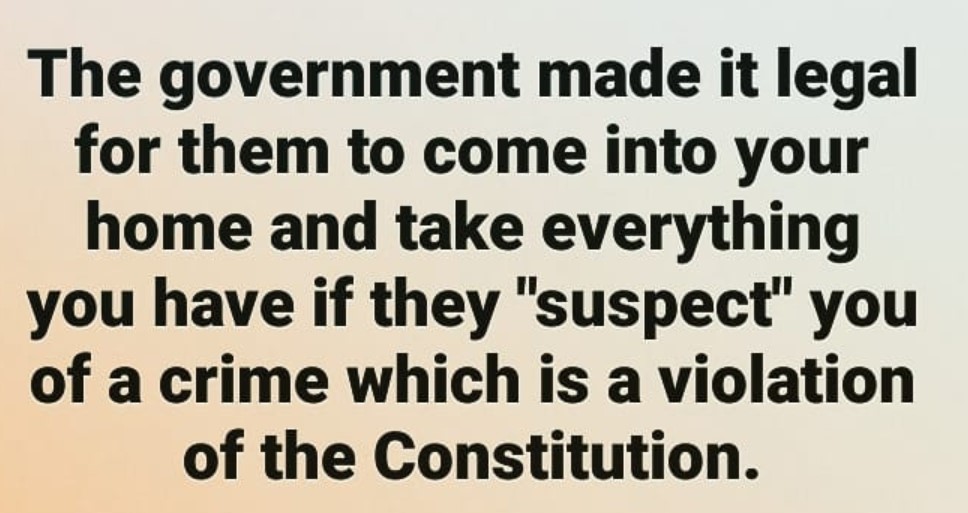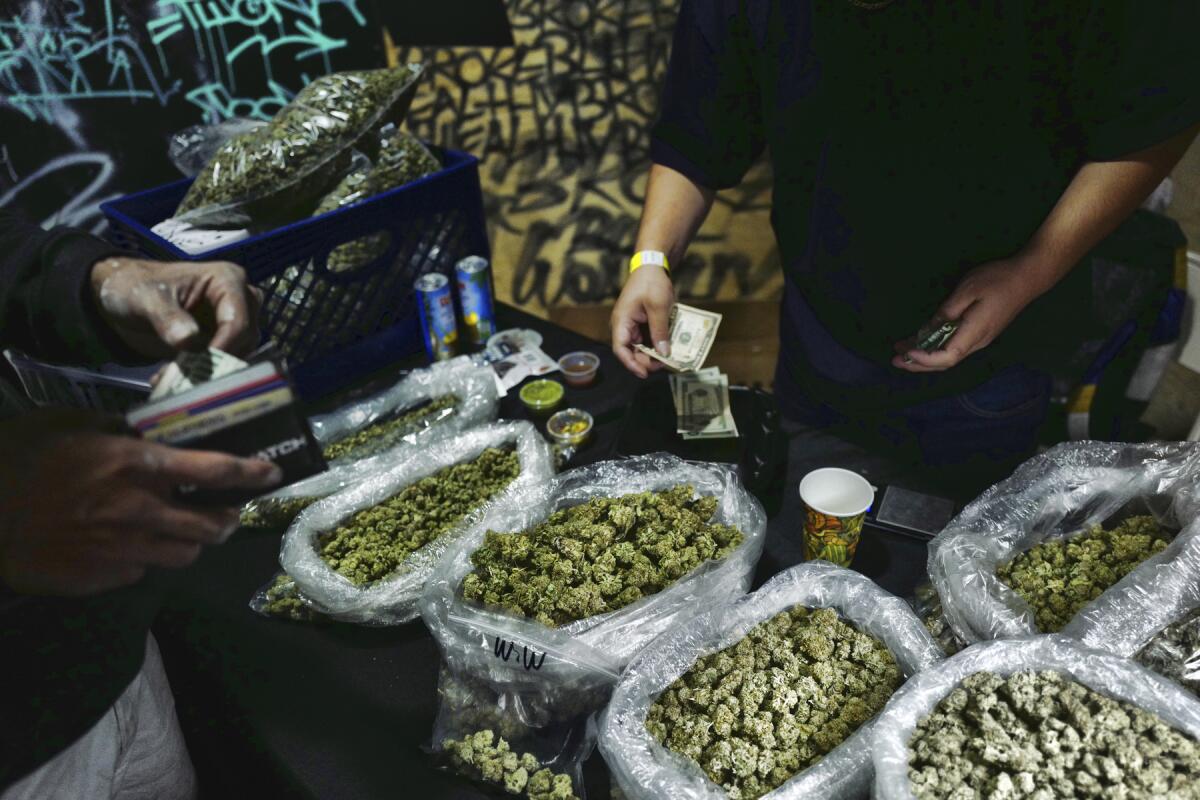Asset Forfeiture; a Commentary on the Legal Marijuana Industry’s Achilles Heel
Given the United States’ current political climate, bi-partisan unity has become a seemingly rare occurrence, especially in the country’s highest court. That’s what makes the Supreme Court’s recent decision in Timbs v. Indiana all the more special, especially in light of the civil rights subject matter in question. The February 20, 2019 unanimous ruling confirmed that the Eighth Amendment’s prohibition on excessive fines applied to the several states (by way of the Fourteenth Amendment), specifically with respect to state and local government asset forfeiture laws. However, despite this ruling, asset forfeiture laws still stand as uniquely effective enforcement tools that the county’s federal, state, and local law enforcement officials have at their disposal, posing a threat to the recreational cannabis market.
Generally speaking, asset forfeiture is a process by which law enforcement officials take possession of certain assets that they have deemed to be involved in criminal activity and will only be obligated to return such assets to their former owner upon a court ruling to the contrary. The person or entity from which the property was seized need not be convicted, or even charged with, a criminal offense. As a civil case, the burden of proof in civil forfeiture proceedings is usually a preponderance of the evidence and lies with the person or entity attempting to reclaim their property. By comparison, the standard burden in criminal cases is on the government to prove guilt beyond a reasonable doubt. Assuming law enforcement officials are acting in good faith (i.e. not seizing assets in order to simply fill their own coffers), asset forfeiture can be an effective law enforcement mechanism, by targeting the financial power of criminal actors.
Federal Enforcement
As an initial matter, it is important to understand the different treatment afforded to each of the following “cannabis” markets: (a) hemp and CBD, (b) medical marijuana, and (c) recreational adult-use marijuana. While the 2018 Farm Act affected the de-scheduling of hemp and hemp-derived products (such as CBD) with THC concentrations of less than 0.3% from Schedule I of the Controlled Substance Act, marijuana, whether it be medical or recreational, remains federally illegal as a Schedule I drug. This means that, even though several states have enacted legislation legalizing medical and, in some cases, recreational marijuana, federal criminal liability still exists with respect to marijuana. Recently, however, comfort has been afforded to those operating in the medical marijuana space, by way of the annual passing of the Rohrabacher–Farr Amendment, which prohibits the U.S. Justice Department from spending funds to interfere with the implementation of state medical marijuana laws. However, the federal government can still pursue enforcement actions against those engaged in recreational sales of marijuana.
The newly confirmed U.S. Attorney General, William Barr, (in spite of his personal misgivings regarding legalized marijuana) has indicated that he does not intend to pursue marijuana companies that are operating in compliance with state laws. His rationale for this approach is that individuals and companies have made investments in reliance on the Obama-era Cole Memorandum, which restrained federal enforcement of marijuana laws in those states where marijuana was legal. However, Mr. Barr’s predecessor, Jeff Sessions, had rescinded the Cole memorandum and the current Attorney General has yet to confirm if his purported limitation on enforcement would extend to future marijuana businesses that have not relied on the memo. It is there that potential risks under federal asset forfeiture laws lie.
Asset forfeiture has been used by the federal government, often in conjunction with criminal prosecution, as a method for combating marijuana drug law violations. Recently, in early 2018, federal law enforcement officials seized over 100 homes in the Sacramento, CA area, in what was claimed to be a crackdown on criminal marijuana grow operations. Given its extensive use, lower burden of proof, the current Attorney General’s recent ambiguous statements, and the Justice Department’s deference in what it views as state-law compliant marijuana businesses, it is certainly conceivable that asset forfeiture might continue to be used in curbing the expansion of future marijuana operations. Even if not actually the case, absent any affirmative statements or acts to the contrary from the Justice Department, the mere threat of asset forfeiture could have a chilling effect on future investment into the cannabis industry and is, at a minimum, a concern going forward for cannabis companies, in assessing the risks inherent in their industry.
State and Local Enforcement
To the extent there is uncertainty regarding federal use of asset forfeiture to constrain the marijuana industry, local and state governments have proven that they are certainly willing to do so. A recent case in Detroit is a prime example, in which a woman had her car seized by Wayne County Sheriff’s deputies after they observed her leaving a lawfully operating state-licensed medical marijuana dispensary. Although the woman, Crustal Sisson, was found with $10 worth of marijuana that she had purchased at the dispensary, she was instead charged with a violation of the City of Detroit ordinance for “Illegally Occupying a Place Where Controlled Substances are Sold” (Detroit City Ord. 38-11-22). Ms. Sisson’s case is not unique and similar asset seizure practices have been reported across the country.
In addition to crippling marijuana businesses by targeting their customers, asset forfeiture has been used against the dispensaries themselves. Even if Ms. Sisson had not been charged with any crime, her car could have nonetheless still been seized under asset forfeiture laws and the same holds true for any lawfully operating dispensary. The recent decision in Timbs does provide some comfort, by restraining the ability of officials to seize property that is disproportionate to the underlying crime or criminal activity. However, the “excessive fines” standard in the Eighth Amendment, which is now applicable to the states (as a result of the Timbs decision), does not provide a bright line rule. Instead, asset forfeiture is still available as a tool that can be used by law enforcement to constrain marijuana businesses, even if they are operating lawfully, by inundating them with the costs of proving their innocence and securing the return of their property.



![page1-1200px-Guide_to_Equitable_Sharing.pdf[1]](https://rucci.law/wp-content/uploads/2023/12/page1-1200px-Guide_to_Equitable_Sharing.pdf1_.jpg)







